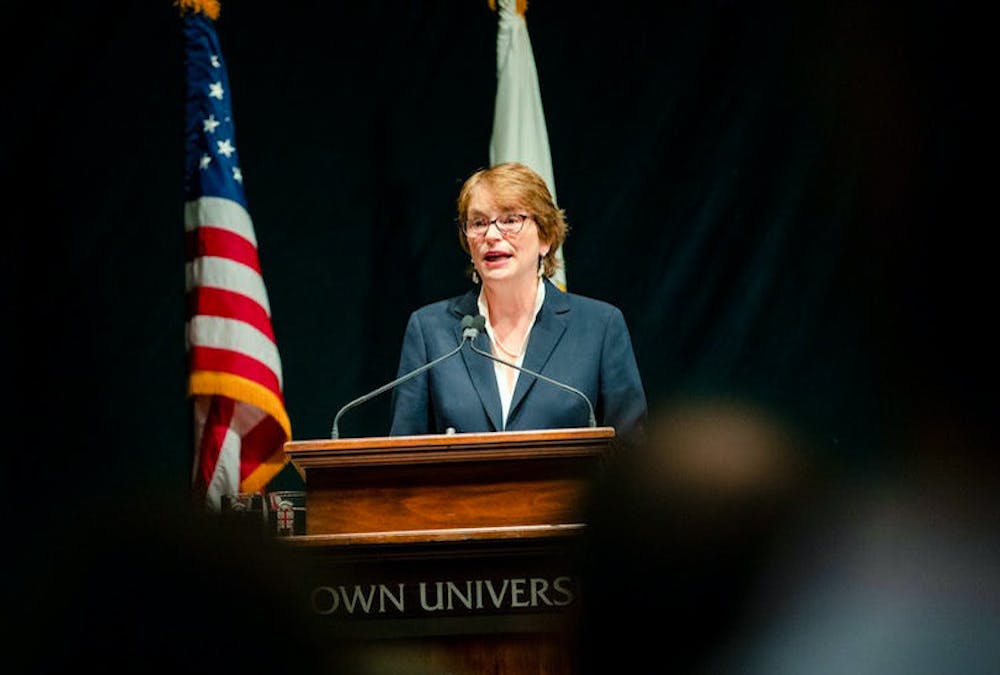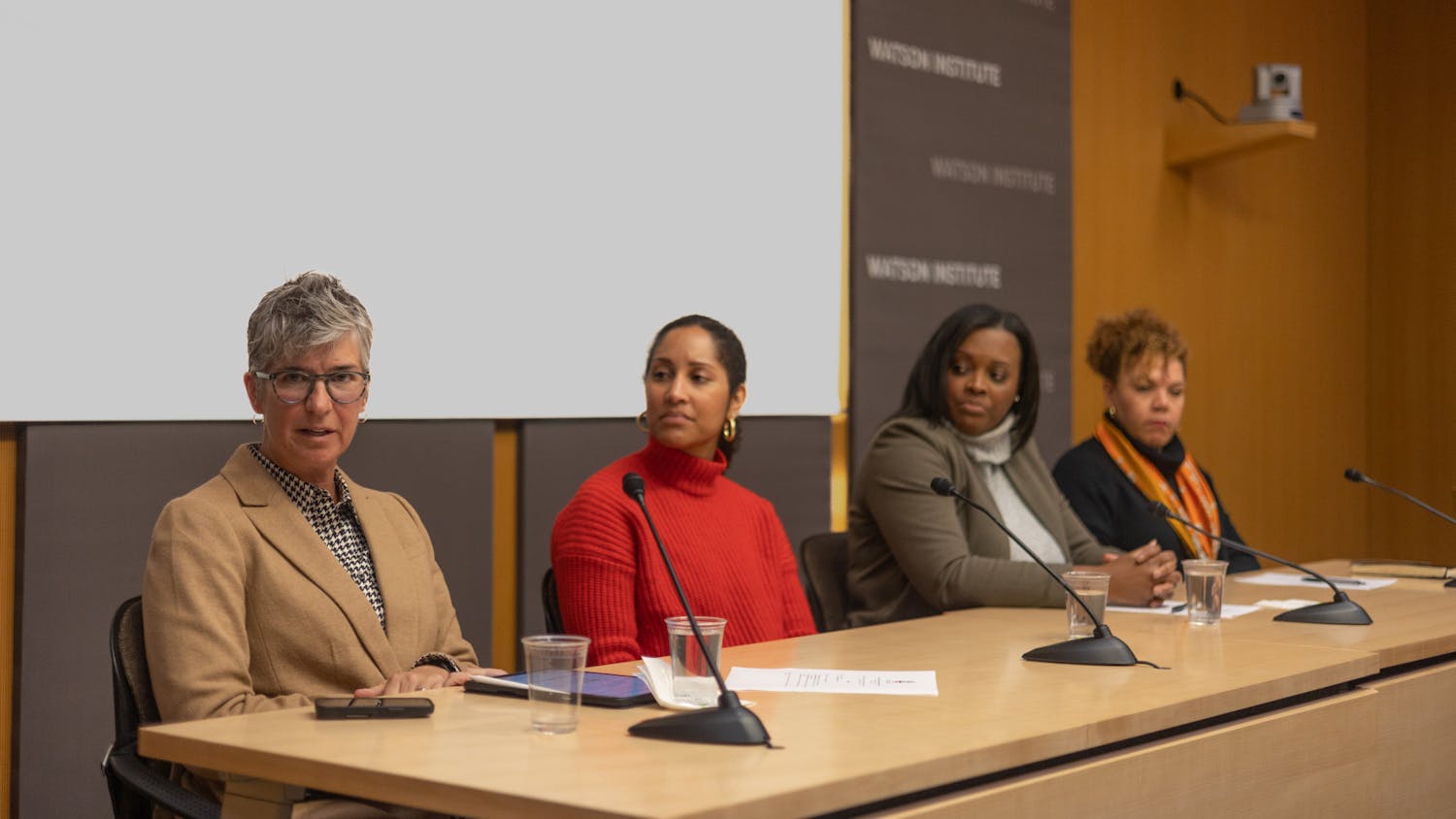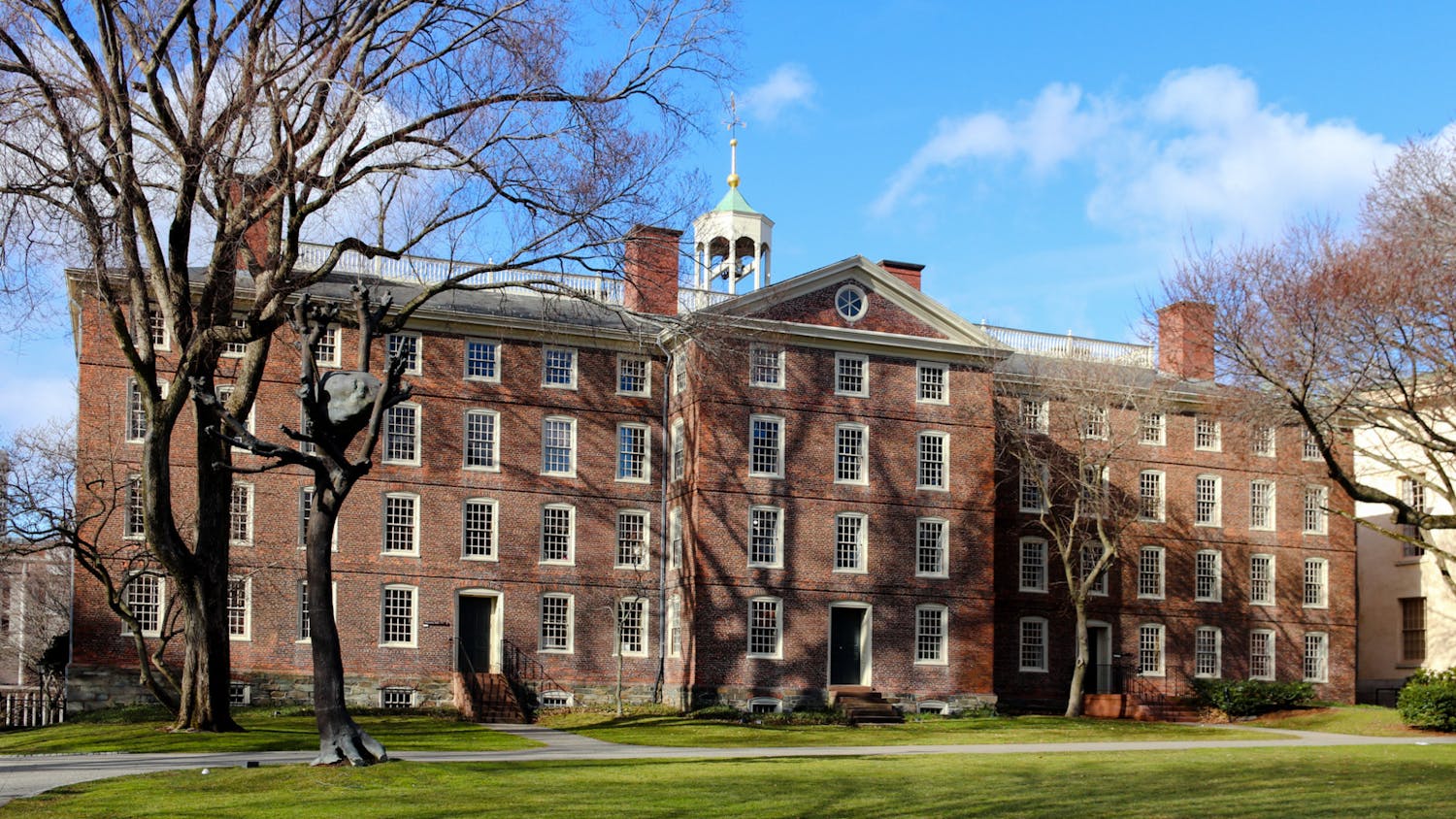The American Council on Education announced the election of University President Christina Paxson P’19 P’MD’20 to its board of directors for a three-year term March 2, according to a University press release. Paxson was elected to the board of the organization — which is composed of more than 1,700 colleges and universities — during a recent ACE business meeting, according to a press release from the group.
Founded in 1918, ACE serves as an advocacy organization for higher education institutions in the U.S, according to their website, lobbying and producing research to “improve equity, expand access to our colleges and universities, and diversify the higher education leadership pipeline.”
“It’s a privilege to serve an organization with a strong record of working across all sectors of higher education to shape policy and support innovation,” Paxson wrote in an email to The Herald.
Paxson and the other presidents and chancellors elected to the board will begin their terms after the organization’s annual April meeting in Washington, D.C., according to the ACE press release.
The board, composed of 24 elected members and 13 representatives from designated organizations, will be chaired by Linda Livingstone, president of Baylor University and the current vice chair of the board. Paxson will join the board along with the presidents of the University of Washington, the University of Nebraska system, Swarthmore College and a number of other colleges for a term ending in September 2026.
“I look forward to working with (Livingstone) and other members of the board to confront the challenges and opportunities facing educational institutions,” Paxson wrote.
“Our board is responsible for all of the traditional governance functions that a board would be responsible for (including) audit, compliance, finance and nominating,” said ACE Vice President and Chief of Staff Jessie Brown ’02. “The board is also really involved in helping set the strategy of the organization and thinking about its priorities.”
“When we hear from the board, it helps shape our policy … (and) programmatic agenda,” Brown added. The board’s recommendations help identify new programs to implement or other “major programs … to consider rethinking for this modern era.” In electing new board members, ACE considers the diversity of institutions represented, along with their commitment to ACE’s work of promoting “good policy” and pushing “institutions toward innovative practices.”
Brown described the process of choosing official nominees as a “two-factor analysis.” Both diversity of institutional demographics — including type and geography — along with the individual board nominees’ interest in and engagement with the ACE’s work “to promote good policy and push institutions toward innovative practices” are considered, she explained.
According to Brown, the University has a reputation as a “research-heavy Ivy League institution,” while Paxson likely stood out because “she's been such a strong leader for quite a number of years.”
“I think the fact that (Paxson) — and Brown as an institution — is very engaged in a lot of these issues that we're focused on is important and had something to do with her nomination,” Brown added.
Both Brown and Paxson commented on the changing politics of higher education and how they will impact ACE’s priorities in the coming years.
“Our institutions are operating in an increasingly complex and politicized landscape,” Paxson wrote. “ACE plays an important role in sharing the positive impact of colleges and universities on the students and communities they serve, as well as the country.”
“I think that the work of our higher education institutions to develop citizens that are involved in our democracy has never been more important,” Brown said. “We are seeing more and more pieces of legislation that do feel somewhat politically motivated, that relate to what you can and cannot teach in the classroom and also that somewhat limit tenure protections, shared governance and DEI initiatives.”
Last July, ACE submitted an amicus brief to the Supreme Court “in defense of the Harvard and UNC admissions programs,” Brown said. The University also submitted an amicus brief with 14 other colleges advocating for the continuation of affirmative action, The Herald previously reported.
Paxson is “a long-time, very trusted leader,” Brown said. “We’re just so happy to have (her) joining this board to help us sort through the future of what we need to do to help higher education from where we sit at our perch at ACE.”

Katie Jain is a University News editor from New Jersey overseeing the graduate student life beat. She is a senior concentrating in International and Public Affairs and History.





